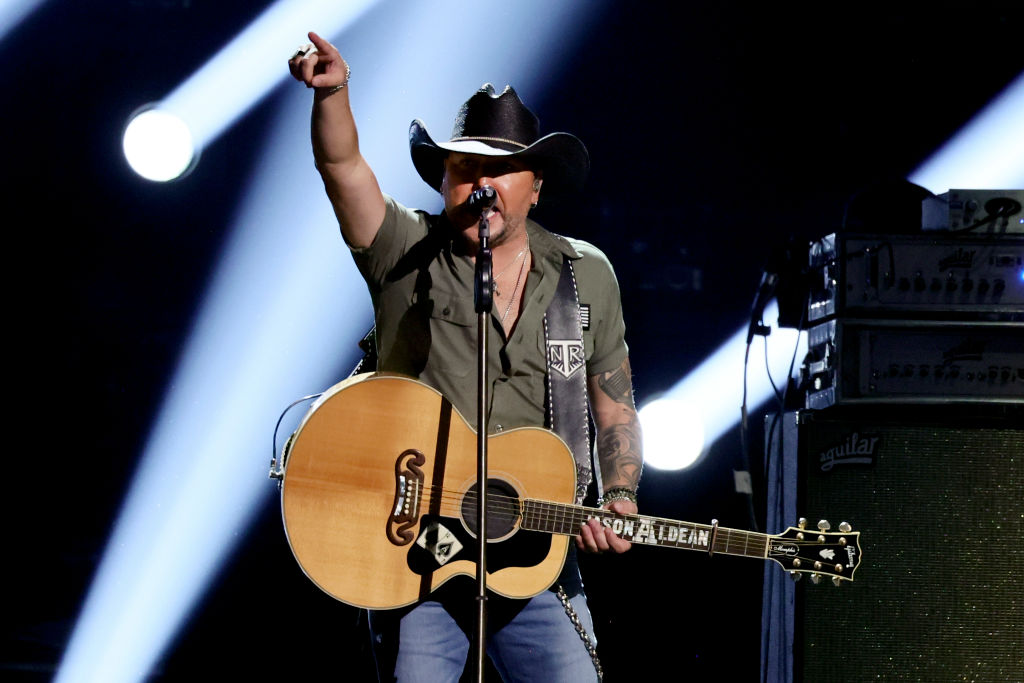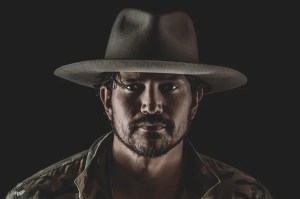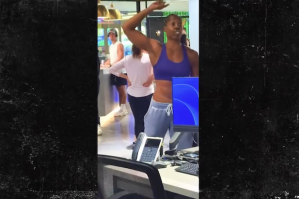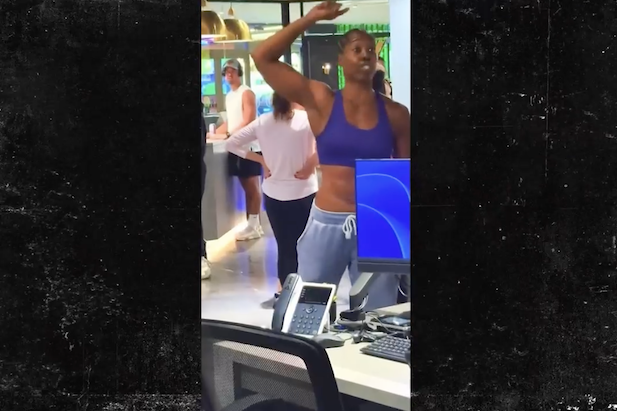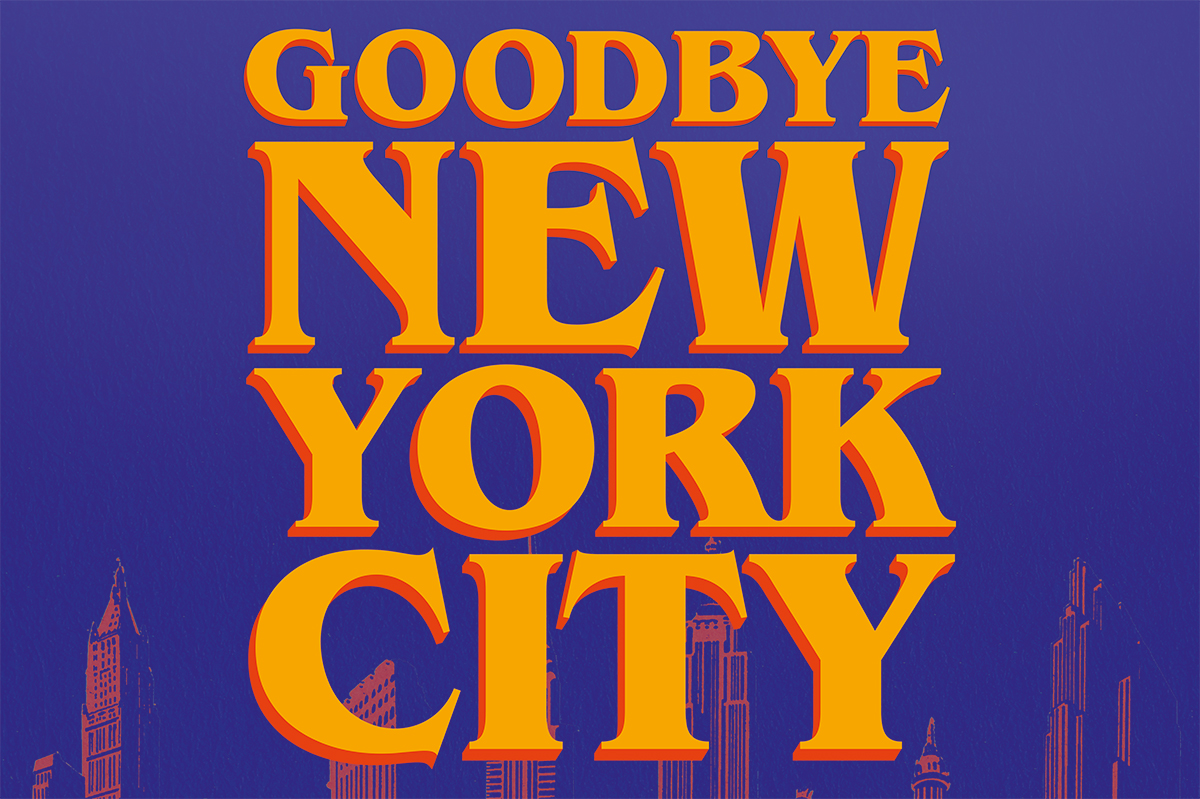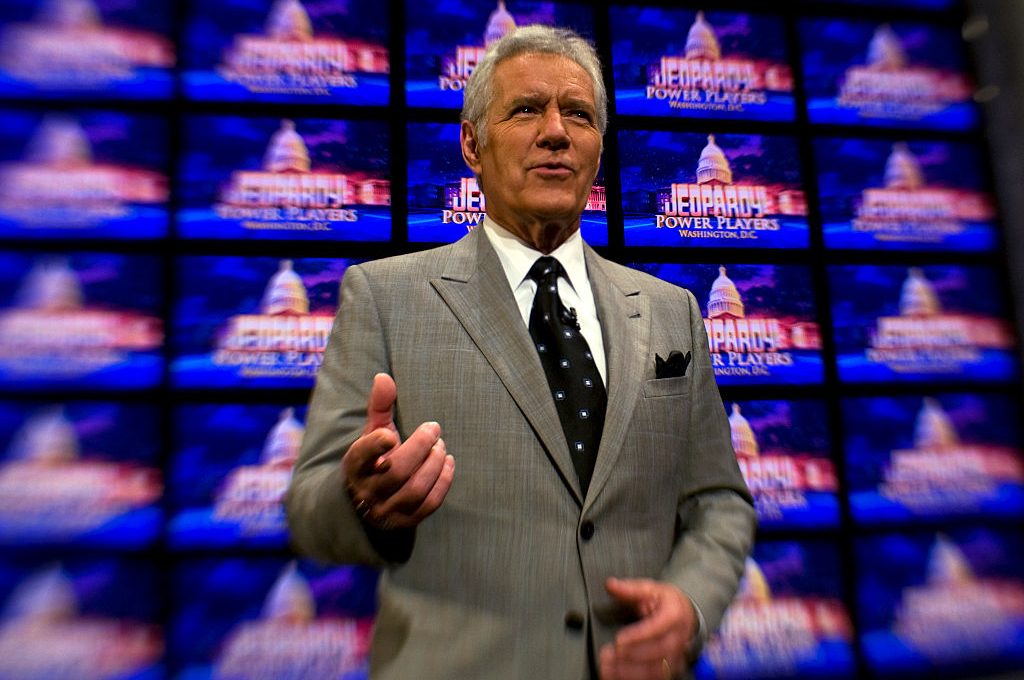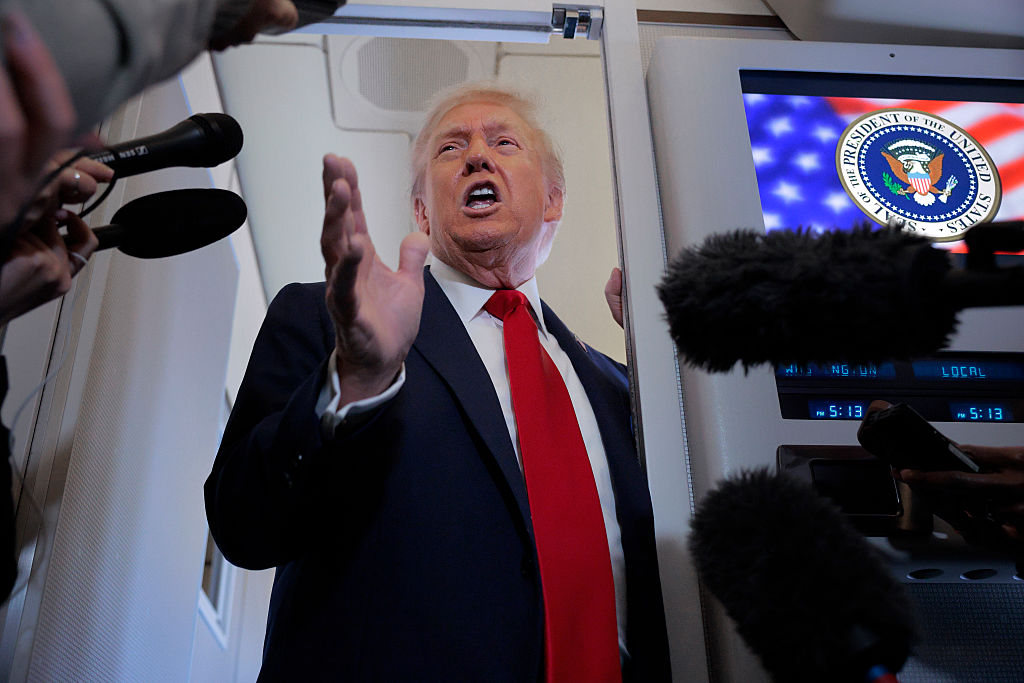Cuss out a cop, spit in his face
Stomp on the flag and light it up
Yeah, ya think you’re tough
Well, try that in a small town
See how far ya make it down the road
Around here, we take care of our own
That’s a sampling of the lyrics to “Try That in a Small Town,” the new Jason Aldean single that led left-wing Twitter trolls to try to “cancel” the country music star. Critics claimed the song was racist, particularly because the music video was filmed in front of the Maury County Courthouse in Tennessee (which was the site of a lynching back in 1927) and features news clips of BLM and antifa riots. Plenty has been said defending the song, and based on my previous musings about the nation’s issue with violent crime, it should be obvious that I agree there’s nothing wrong with the lyrics or the video.
The Aldean incident is more interesting to me, though, because it reveals an unfortunate trend among the mainstream media as it relates to the country music industry.
Over the years it’s been quite obvious that the media doesn’t take country music seriously. They rarely review new albums from country stars and generally dismiss all modern country music — especially the stuff playing on the radio — as Nashville claptrap unfit for their cosmopolitan ears. Country fans know to rely on their streaming algorithms and podcasts and YouTube channels dedicated to the genre to stay up to date on new releases and hit songs. They also know that what gets played on the top radio stations is hardly representative of the breadth of music available.
When the media does deign itself to talk about country music, it’s usually to advance the narrative that the industry and its fans are exclusionary racists and misogynists. They merely use country music and its fans as a convenient scapegoat for supposed societal ills.
The Aldean song was a perfect opportunity for them to make this point. The media previously victim-blamed Aldean for not speaking up strongly enough in favor of gun control in the aftermath of the Las Vegas shooting, which broke out while he was performing at a music festival, and excoriated his wife for opposing sex changes for children. Of course “Try That in a Small Town” was a racist dog whistle, the left reasoned, because he and his wife are politically conservative. They are everything wrong with country music, and by extension, small-town America.
Next let’s look at the conversation about Luke Combs’s cover of Tracy Chapman’s “Fast Car,” which rocketed to number two on the Billboard Hot 100. Chapman, who rarely speaks to the press, said she was happy for Combs’s success with the song and was grateful that it was being introduced to a new generation of fans. But the media insisted that Chapman, despite likely making bank off of the royalties of the cover, was a victim. Why? Chapman is a black lesbian, and Combs is a white man.
“Although many are thrilled to see ‘Fast Car’ back in the spotlight and a new generation discovering Chapman’s work, it’s clouded by the fact that, as a black queer woman, Chapman, fifty-nine, would have almost zero chance of that achievement herself in country music,” Emily Yahr wrote in the Washington Post.
Never mind that the song received three Grammy nominations, winning the award for Best Female Pop Vocal Performance, the year it was released. And that Combs has spoken quite beautifully about his respect for the song and its creator. To the legacy press, Combs’s cover was just proof that all country artists do is rip off black music for their own benefit.
The media slobbered over the opportunity to trash Morgan Wallen, who was already a bona fide star before any of his scandals — which included flouting Covid restrictions (gasp!) and drunkenly calling a white friend the n-word. His recent single “Last Night” topped the Billboard charts, and it’s been two years since a neighbor filmed him dropping the racial slur, but the media still refuses to discuss Wallen’s career separately from the incident. They truly believe that Wallen’s fans support him because they too are racist, not because normal Americans are exhausted by the media’s constant attempts to cancel everybody who makes a mistake. In mainstream reviews of Wallen’s newest album, One Thing at a Time, music critics griped that he wasn’t apologetic enough for the n-word incident in his lyrics. Incidentally, the New York Times review linked above also compared Wallen’s song “Everything I Love” to the sounds of Johnny Cash and Waylon Jennings, while somehow failing to mention or missing entirely that the song directly samples the Allman Brothers. Slot that in as another piece of evidence that these people have zero idea what they’re talking about.
The Jason Aldean, Luke Combs and Morgan Wallen stories are convenient ways for the media to prop up its thesis about the country music industry being horribly racist while glossing over the plethora of awesome music.
Last year, TIME awarded Mickey Guyton the Breakthrough Artist Award, even though she only had one or two moderately successful radio hits and is a fairly mediocre artist. Guyton is a media darling not on her merits but because she released a couple of songs about how hard it is to be a black woman and blamed her lack of stardom on country music’s systemic racism. (The obvious response here is to point out that Charley Pride was the best-selling performer for RCA Records except for Elvis Presley in the mid-1970s, which you’d be hard pressed to argue was a better time for race relations in the US.)
Meanwhile, the media also loves to profile people like Kacey Musgraves and Maren Morris, whose music could hardly even be considered “country” anymore, yet complain about entrenched sexism because their newer songs don’t get played on country radio. The Brothers Osborne were just another country band until the lead singer came out as gay, at which point he was heralded as a trailblazer in the genre.
Country artists, even the objectively great ones, typically don’t get noticed by the mainstream press unless they are involved in some kind of controversy or are considered queer or unique enough to endorse some kind of divisive, identity-politics agenda.
It’s hard to divorce the media’s attitude toward country music and its fans from its posture toward Trump supporters in 2016. They have a general contempt for working-class and/or rural Americans who are more focused on their day-to-day existence than popular narratives about systemic racism, LGBTQ+ hate or whatever other victim class conveniently pops up. It is offensive to them that someone could enjoy a simple beer-drinking song by a generic white guy at the end of a long work day, or that someone who sings about Appalachian life might be more resonant than a South African queer cowboy cosplayer.
The media is no doubt also disturbed by the fact that what country music artists sing about — enjoying the simple life, love, loss, God and patriotism — appeals to the roughly 42 percent of the American populace that ranks country as their favorite genre. The US Census supposes that there are approximately 100 million loyal country listeners. I suspect that the left-wing media is not so much angry at Jason Aldean for releasing a song that rejected crime and rioting as they are pissed at this massive fanbase for failing to find anything wrong with it. The embrace of “Try That in a Small Town” is a reminder that about half of the country has a serious problem with the dominant ideology of the media and that urban journalists have zero control over what and how these Americans think.



